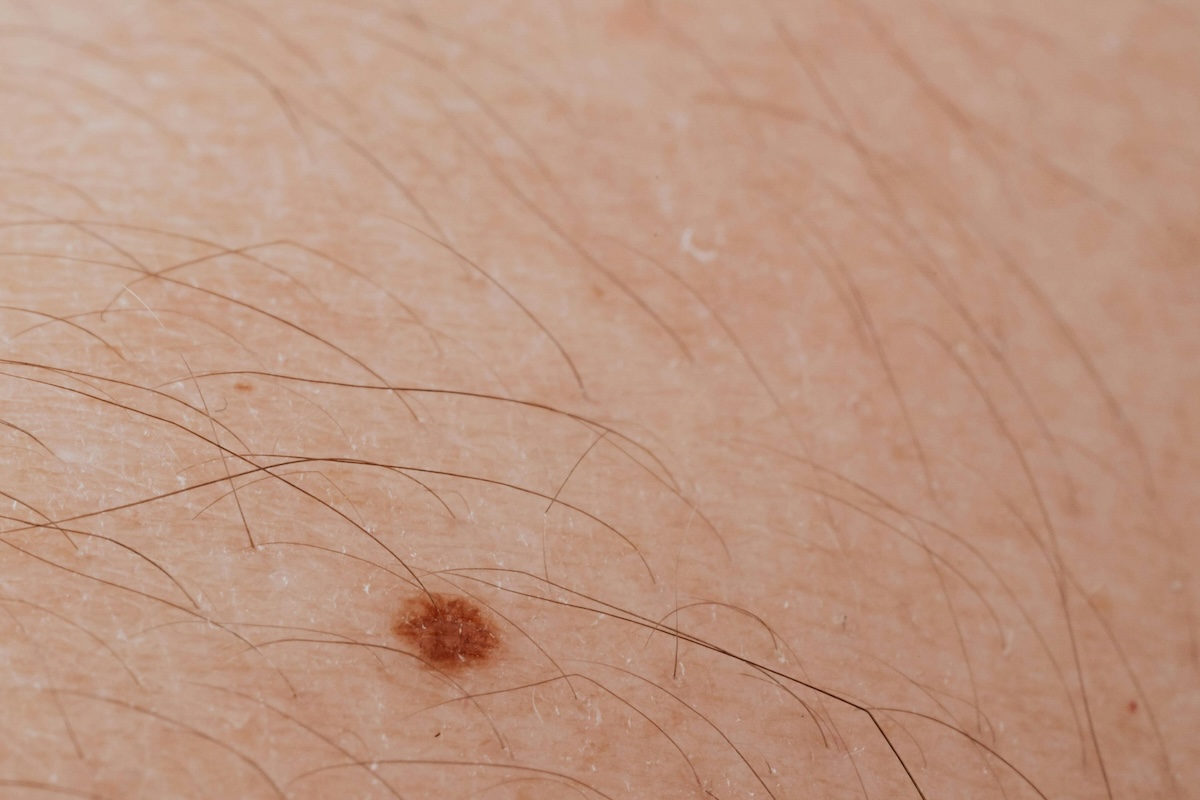I joined my endocrinology practice more than 10 years ago. As a result, some of the women I first helped to manage their polycystic ovary syndrome (PCOS) are now approaching perimenopause. I met one of those patients in the first weeks after I joined my practice. She was newly diagnosed with PCOS by her gynecologist.
At the age of 30, she had stopped taking the birth control pill she had started at 16 for irregular periods. For months after stopping the pill, she didn’t get a period. She gained about 20 pounds despite making no changes in her lifestyle. She also had more body hair growth and acne on her back.

Her gynecologist ordered some blood work and then referred her to me. Over the years, we managed her PCOS symptoms, navigated two pregnancies — one complicated by gestational diabetes — and I helped her lose weight after those pregnancies to reduce her risk for developing Type 2 diabetes.
Now she is in her mid-40s, and our conversations have turned toward how her symptoms of PCOS might change in the coming decade and how it might affect her menopausal transition and vice versa.
What is PCOS?
PCOS is a common endocrine and metabolic disorder that affects women during their reproductive years and is characterized by signs of high male hormones and irregular or absent ovulation. It is associated with disordered carbohydrate metabolism.
We do not fully understand what causes PCOS, and there is no test that definitively diagnoses it. Rather, doctors exclude other possible causes of a woman’s symptoms, look at the overall picture, and make a determination about whether or not a woman has PCOS.
PCOS is a spectrum disorder, meaning some affected women have severe symptoms and some have mild symptoms. But common symptoms include irregular or absent periods, acne, increased body hair growth, scalp hair loss, and unexplained weight gain. Some women experience infertility.
How does PCOS evolve as women age?
Much of what we know about PCOS is focused around symptom management and effects on fertility for women in their 20s and 30s. However, we know very little about how PCOS changes as women age.
We do know that often women with PCOS have more regular periods as they enter their late-reproductive stage. We think this is because male hormone levels, which are high in women with PCOS, fall in all women as they age. I have seen the results of this in my own practice. In fact, I have had a handful of patients with PCOS who had previously struggled with fertility get pregnant unexpectedly in their early 40s.
In the study linked above, 205 women with PCOS answered questions about their menstrual cycle. Of those women, 137 noted that their menstrual cycles shortened with time. While two of those women felt that a significant weight loss had triggered the change in menstrual cycle length, the vast majority of women who noted a change could identify no triggering event. This suggests that these changes are due to reproductive aging.
How does PCOS impact the timing of menopause?
As with many other aspects of PCOS, the quantity and quality of data regarding the average age of menopause in women with PCOS is poor. The data we do have suggest that the average age of menopause among women with PCOS is higher than in women who do not have PCOS.
Just how much later women with PCOS experience menopause is not clear. One small study found that the average age of menopause among that cohort of women with PCOS was as high as 56, compared with 51.4 in the general population. In reality, the difference may be much less.
Do male hormone levels remain high after menopause?
Some of the best data we have regarding PCOS as women age come from a small observational study of women with PCOS who are now in their 80s. The women, along with a control group of women without PCOS, were identified in 1987 and evaluated in 2008 and then in 2019, when their average age was 81.
The investigators noted that the PCOS group had lower levels of follicle-stimulating hormone (FSH) compared with controls. High FSH levels are typical in perimenopause and menopause, and we are beginning to understand that those high levels may play a role in some menopausal changes, like weight gain.
Throughout their lives, the women with PCOS noted more body hair growth than the control group, despite falling male hormone levels in both groups. However, there were no differences in body mass index or waist-to-hip ratio between the two groups.
It is difficult to know if these results are generalizable to all women with PCOS. The study is small — just 21 women remained of the PCOS cohort in 2019; most of the other 16 women in the original 1987 cohort had died. Additionally, all of the 37 women included in the PCOS cohort had undergone a procedure called an ovarian wedge resection in the 1950s or 1960s. This was a treatment for PCOS that is not currently frequently used and that may have impacted the results.
What are the health risks of PCOS?
We believe that women with PCOS are at increased risk for Type 2 diabetes and heart disease after menopause. This belief stems from the observation that women with PCOS show signs of abnormal carbohydrate metabolism and elevated levels of triglycerides even at young ages.
However, there is little evidence to support this in the literature. The cohort control study above did not collect data on cardiometabolic risk factors.
The meta-analysis linked above found that PCOS was associated with increased risk for Type 2 diabetes, as well as higher triglycerides and lower good cholesterol compared with women who did not have PCOS. Total cholesterol was not found to be different between the two groups. There was an increased association between PCOS and high blood pressure — a risk factor for heart disease and stroke. However, these changes did not translate into an increased risk for heart attack or stroke.
In general, the authors note that the quality of the data is low. Women with PCOS are more likely to get diagnostic testing for Type 2 diabetes, high cholesterol, and high blood pressure because they are believed to be at increased risk, leading to bias in the included studies.
Ultimately, while we believe that women with PCOS experience the perimenopausal transition differently than women without PCOS and we believe them to be at higher risk for metabolic disease in menopause, we have little data to describe these differences with precision.
The bottom line
- Women with PCOS appear to have shorter and more regular menstrual cycles as they age.
- Women with PCOS experience increased body hair growth throughout their lives, even after menopause and even though their testosterone levels typically fall with age.
- We believe women with PCOS are at increased risk for Type 2 diabetes and heart disease, but the quality of the data we have regarding these risks is poor.
















Log in